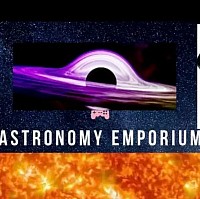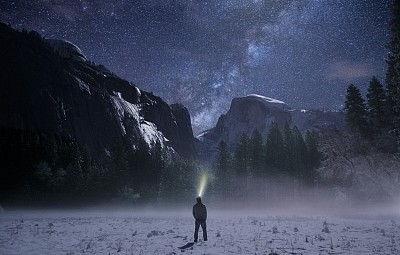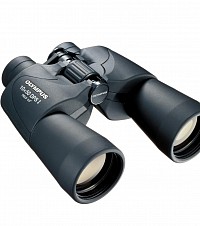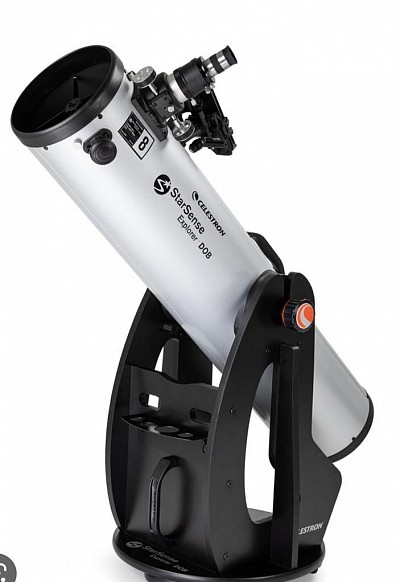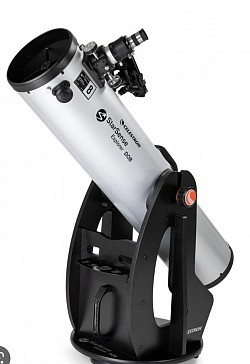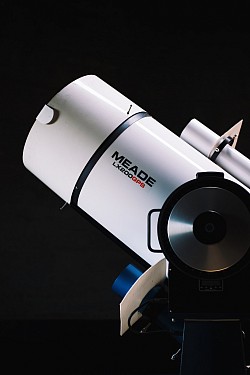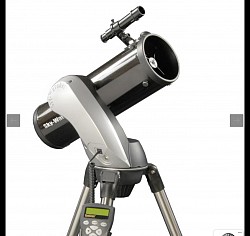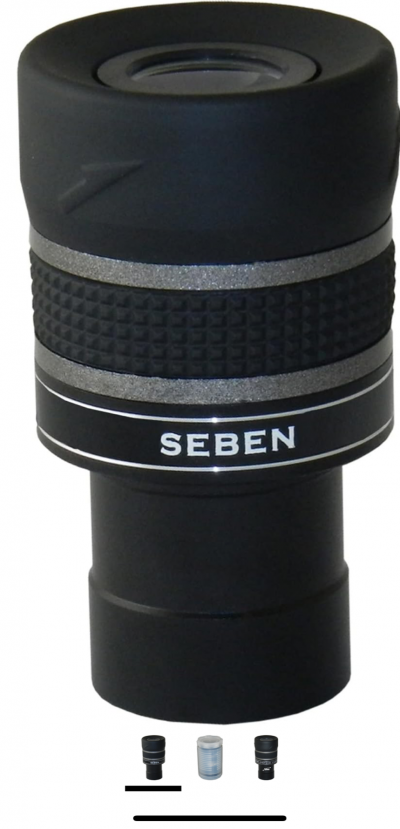Stargazing For FREE ! Essential Stargazing Guide For Beginners
Astronomy Stargazing, How to get started for Free!
Welcome to the cosmos! If you've ever gazed at the night sky with wonder and curiosity, you're not alone. Astronomy opens a door to the vast wonders of the universe, and this comprehensive guide is tailor-made for beginners eager to explore the celestial realms. From choosing the right equipment to navigating the night sky, let's embark on a journey through the cosmos together.
Prepare yourself for a spectacular Cosmic Journey with Astronomy Emporium:
LOOK UP!!!
Unlock the Mysteries of the Night Sky and Begin Your Astronomical Adventure.
Embarking on your celestial journey is akin to unlocking the secrets of the night sky, a journey filled with awe, wonder, and the thrill of discovery. Here's a creative guide on how to initiate your venture into astronomy and the captivating celestial objects waiting to be unveiled.
Start Astronomy Stargazing for FREE
My 1st Law of successful Star Gazing is:
LOOK UP!!!
